Let’s start, right out of the gate, by acknowledging the elephant in the room. To traditionalists, the Springfield Armory 1911 Ronin 4.25-inch AOS pistol is at least two different flavors of heresy, possibly three. First, there’s the chambering: 9 mm. Even though Colt initially chambered the Commander in 9 mm way back in the 1950s, the chambering most diehards will accept is .45 ACP. (Don’t worry. There’s a 1911 Ronin 4.25-inch AOS out there in .45 ACP, if you want one). Second, and almost certainly more contentious, is the addition of powered-optic capability. (Again, don’t worry; Springfield offers both 9 mm and .45 ACP Ronin pistols without optics cuts as well, for the traditionalists.)
While I don’t mean or want this to be an “irons vs. red-dot” thing, I’ll admit my bias right off the bat: I prefer red-dot sights to irons. I’m at the stage in my life where my vision isn’t what it used to be, and the simplicity of a red-dot sight makes it easier for me to hit what I’m aiming at. Full stop. I have nothing against iron sights—I just shoot better with a red-dot. With that in mind, I’ve done a fair bit of experimentation with handguns and slide-mounted electro-optic sights. There is a dizzying array of footprints, sizes and options out there, so any time a manufacturer offers a way to simplify things, I’m interested. Springfield Armory has adapted the Agency Arms AOS system of mounting red dots for its single-stack 1911 line, bringing the same style of optics mounting available in the company’s DS Prodigy double-stack-1911 (aka 2011) line.
With a green fiber-optic pipe up front and a plain-black, serrated U-Notch rear sight, the Ronin’s irons are well-executed • Fitting the Ronin with a red-dot sight is simplified by the Agency AOS system • A single, nine-round magazine ships with the Ronin • Attractive and offering ample purchase, the laminate grips also resist wear well • Smooth and crisp, the trigger on the Ronin is excellent and aids in accuracy • While the AOS system requires two sets of screws, once the red-dot sight is attached, the mount is extremely solid and unlikely to move • Traditionalists rejoice! The Ronin has a standard guide rod and barrel bushing.
And the AOS system is clever, indeed: Each plate is designed for a variety of similar optic footprints and has a code for which footprint it is designed. There’s a dovetail at the rear that holds the plate front-to-back, while a longitudinal projection milled into the slide mates with a cut on the bottom of the plate to anchor it side-to-side. Also, all plates have a rear sight that should co-witness with all but the tallest electro-optic sights. The process is slightly more involved than a direct-mill optics cut, of course: The plate needs to be attached to the slide, then the optic attached to the plate; in that sense, it’s analogous to the Glock MOS system. If you’re planning on leaving one type of optic—or at least the same optic footprint—you can Loctite the plate down, torque it to spec and more or less forget about it. The upside to this added complexity? The AOS system is rock-solid.
The Ronin itself? Well, at the end of the day it’s a Springfield Armory 1911. We’ve reviewed a number of the company’s 1911s in the pages of Shooting Illustrated, and found them all to run reliably and shoot accurately, and the Ronin AOS is no different. While it hardly makes a difference to operation, it doesn’t hurt that the two-tone aesthetic, combined with the laminate grips, results in a pleasing-to-the-eye scheme as well. On the range, which is where things matter, operation proceeded exactly as expected and accuracy was superlative, which is really all you can ask of a defensive pistol. In excess of 250 rounds were fired through the Ronin with no failures, and accuracy as seen in the shooting results was hindered only by the ham-handed operator. Even then, at the risk of straining my arm patting myself on the back, the results were decent enough (like I said, I have a distinct preference for red-dot sights, and the accuracy bump is definitely one major reason for that).
Shooting a metal 1911 in 9 mm is, as our esteemed Handguns editor so expertly puts it, “like shooting on ‘easy’ mode.” Add in the modest weight of an attached red-dot sight, and the Ronin AOS tips the scales at approximately 2 pounds, which is a good deal more than a standard Glock and even more than a SIG P365 or other micro-9 mms. While this means it requires a little extra thought for carrying, it translates into a shooting experience that is enjoyable—meaning you’re more likely to hit the range with it than a gun that beats your hand to a pulp. It, like much in life, is a trade-off; you’re going to carry your pistol everyday, so you need comfort there, but you also need to be proficient with it, which means you shouldn’t shy away from practicing with it frequently.

I’ll close with a quick anecdote on one of the advantages of the heavier 9 mm 1911 I discovered: I hit the range session to test the Ronin AOS with not one, but two reminders of guns I’d shot previously; a blister on the base of my thumb from a light, striker-fired 9 mm polymer semi-automatic and a groove carved into my trigger finger by a lightweight .357 Mag. revolver. At the end of my session with the Ronin? Not even a hint of discomfort.
Again, I mention this only to point out that a pistol that doesn’t beat you up in an extended range session is one you can take to a class, even high-round-count ones that may have you looking for gloves with other pistols. When shooting isn’t a painful chore, you’re more likely to do more of it—and that’s a good thing indeed, especially a gun you carry everyday.


Read the full article here

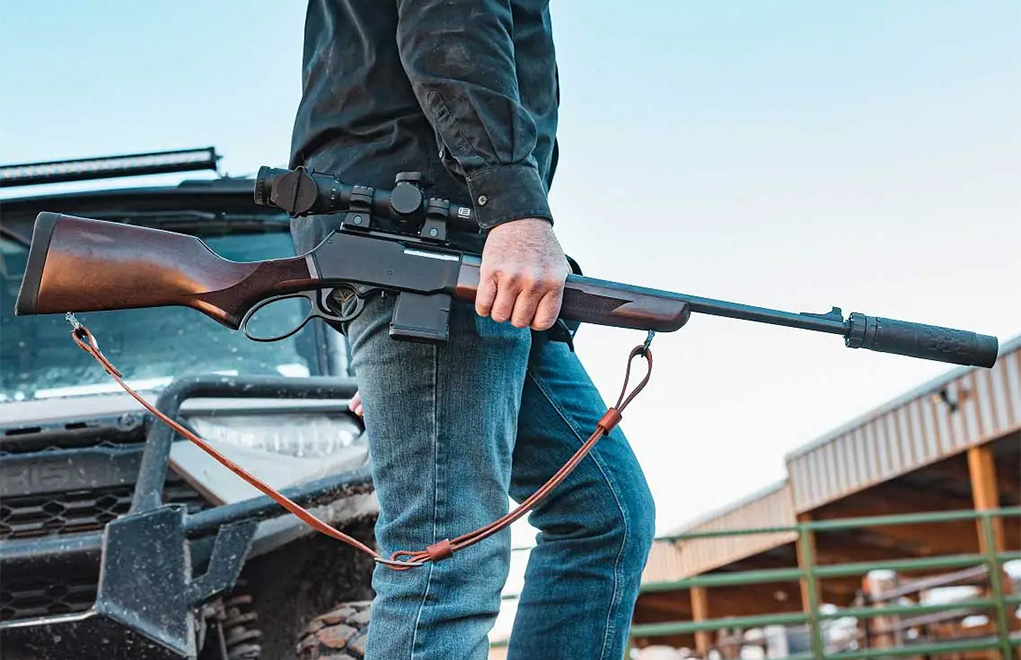
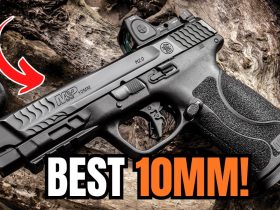






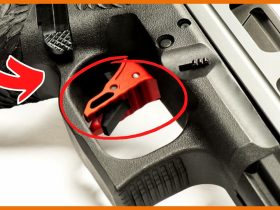

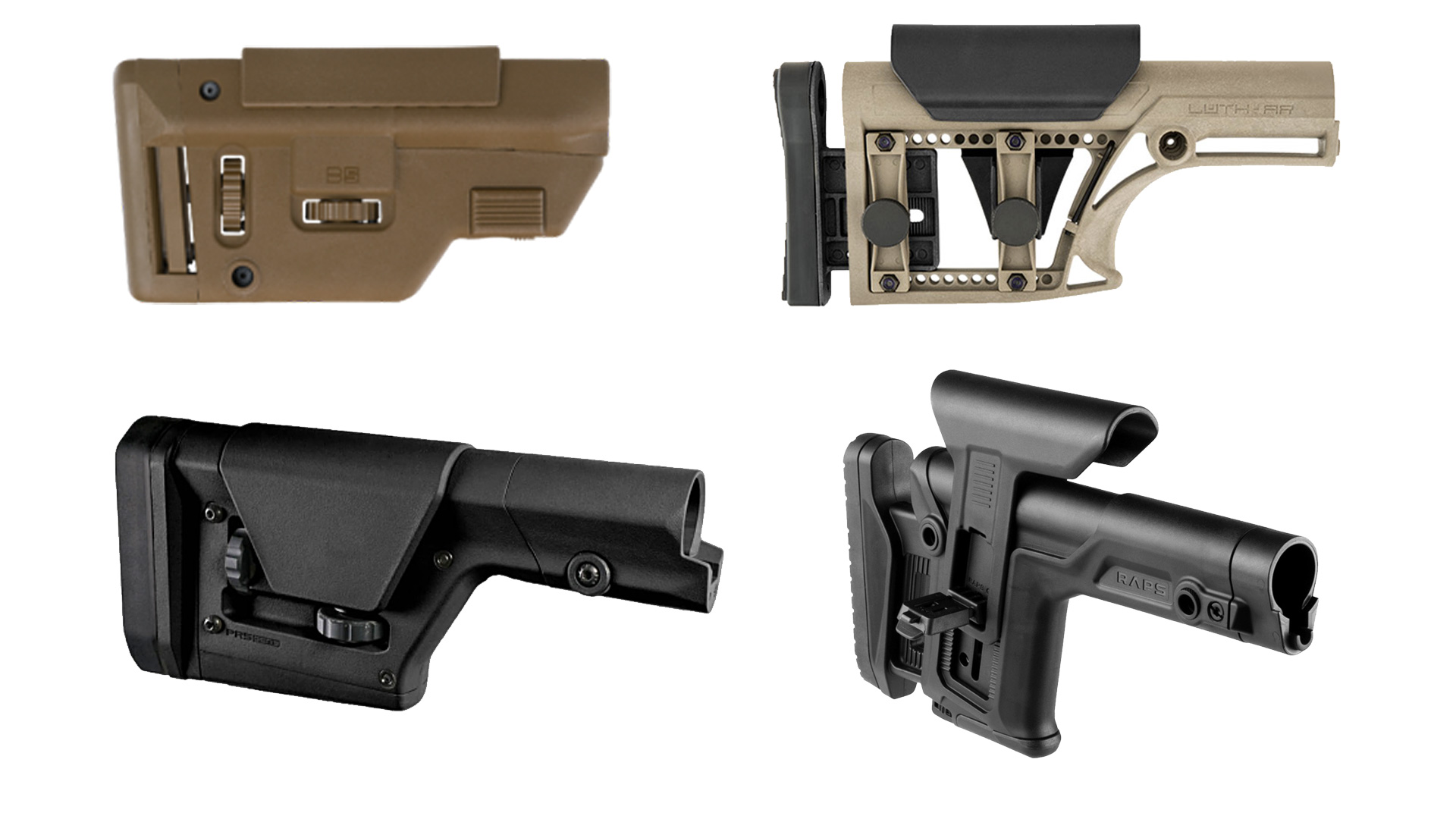
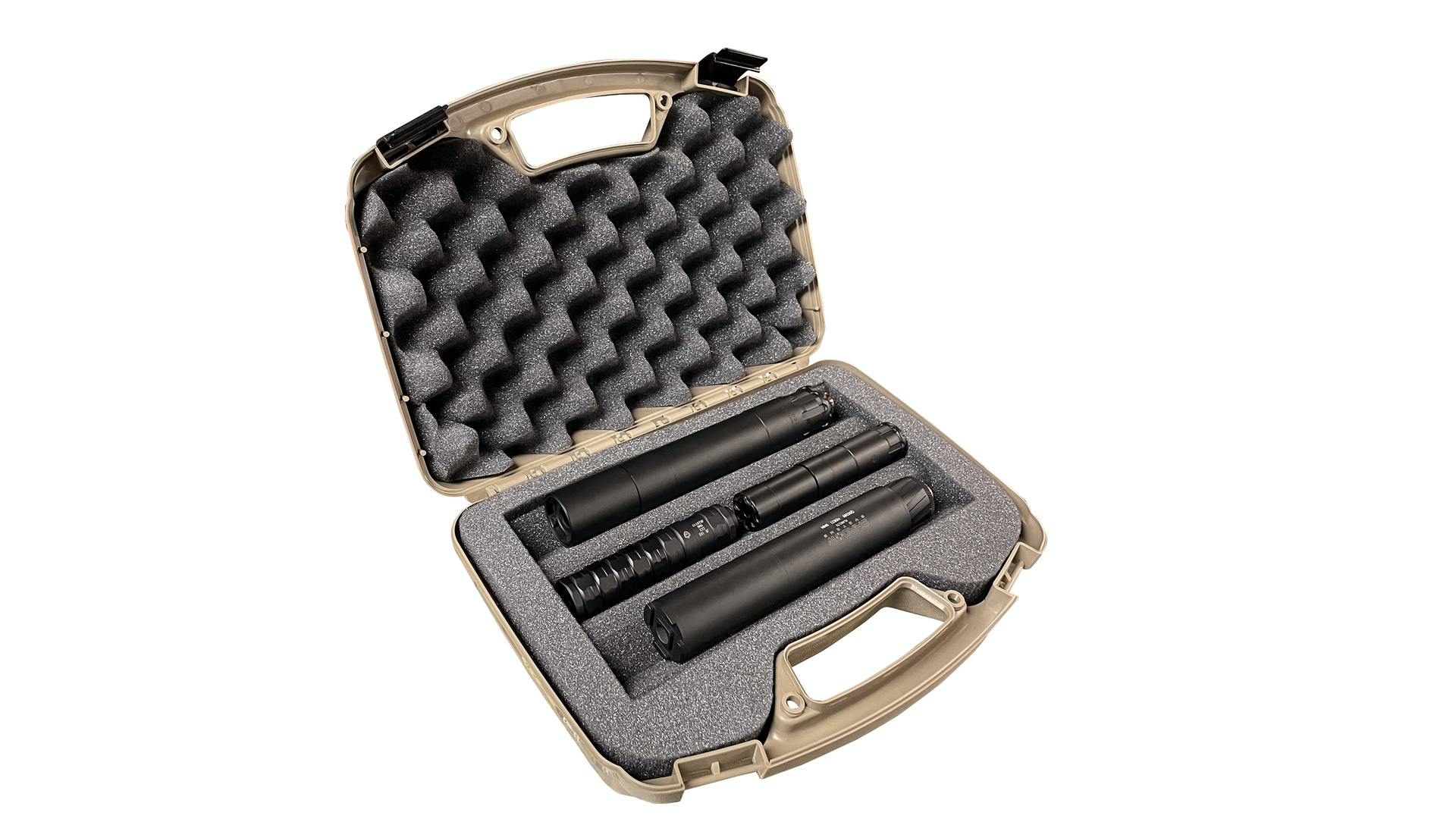





Leave a Reply